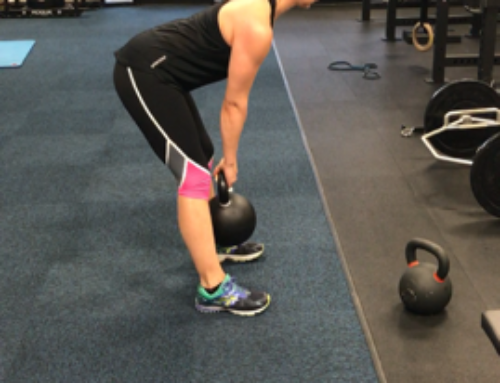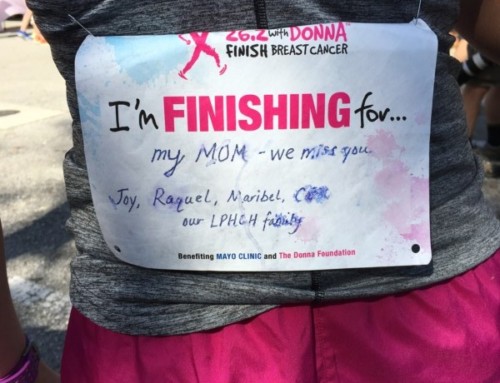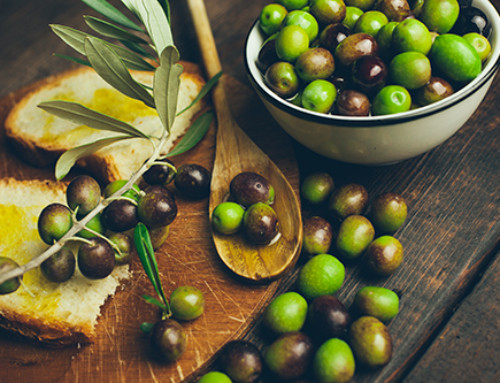- Increase your protein intake
This is probably one of the most common nutrition mistakes I see, especially in women. You should look to build each meal around your protein source. Select which lean source of protein you would like, then add vegetables and starches or fats. Good choices include grilled or baked chicken, fish, lean beef, turkey, and eggs. High protein snacks include protein powders, protein bars, jerky (watch out for sodium), and greek yogurt.
Shoot for 1 gram of protein per pound of bodyweight. Ex: 150 lbs = 150 grams of protein
The exception would be if you are overweight. If you are 50 pounds overweight, have the amout of protein that you wish to weigh, for example 150 grams for a person weighing 200 pounds and looking to weigh 150.
- Lower your carbs on non-workout days
Carbohydrates are energy. One of the biggest things you can do to improve your health is to change the way you look at food. When you look at rice, pasta, fruit, grains, etc, you should start viewing that as fuel rather than just random food that tastes good. If you have a hard workout on Monday, then on Monday you should have more carbs to fuel and recover from that workout. If you are not working out, you obviously don’t need as much fuel (carbohydrates) on that day. Excess carbohydrates are obviously going to be stored as fat. Carbs are not the devil that everyone makes them out to be. However, they have a purpose; and that purpose is for fueling workouts and everyday functions.
- Eat most of your daily carb allowance around your workout
Building upon number 2, not only should you have more carbs on workout days and less on non-workout days. You should take it a step further and have the majority of those carbs around your workout. Shoot for 30-40 grams before the workout and 30-100 grams after the workout, based on your goals. Therefore, the rest of the day you would have fewer carbs at your other meals. You can increase the fat at these meals though with foods such as avocado, nuts, healthy oils and animal fats.
- Strength train at least 3 days per week
You’ve probably heard that muscle burns more than fat, and it’s true. One pound of muscle burns approximately 6 calories a day whereas a pound of fat burns roughly 2 calories a day. Not only that, but an intense weight training session can keep your body burning calories at a much higher rate for up to two days after the workout. My favorite bonus is that as you lose the body fat, you actually have the shape that was once hidden under that layer of fat. What woman wants to lose weight just to see that she has no butt? What guy wants to drop fat to see that his chest was the same as it was in middle school? The solution? Lift weights to help reach both goals.
- Forget what you’ve heard about breakfast.
Breakfast is the most important meal of the day! If you don’t eat breakfast, you’ll gain weight! We’ve all heard this. If you’re not a breakfast eater, don’t worry! There are so many ways to reach your aesthetic goals, and they don’t all include a big breakfast. The typical American is busy in the morning, have 30 minutes to an hour for lunch, then fast paced again until they get off in the evening. Do you really think this person always wants to take time to cook a huge meal every morning? What if you eat too many calories at breakfast and the rest of the day you know that you can’t get really full again because you’ve already had so many calories in the first part of the day? You can get the same results eating smaller meals and having your largest meal of the day at dinner, regardless of the old wives tales about breakfast. Remember that overall calories for the day is what’s most important, and also refer to #2 and #3.
Try adding at least one of these methods into what you are currently doing and you will see dramatic results in reaching your fat loss goals. This will also provide an environment that is going to allow you to recover better while building muscle.
Jonathan Brawley, Cornelius, NC Personal Trainer







